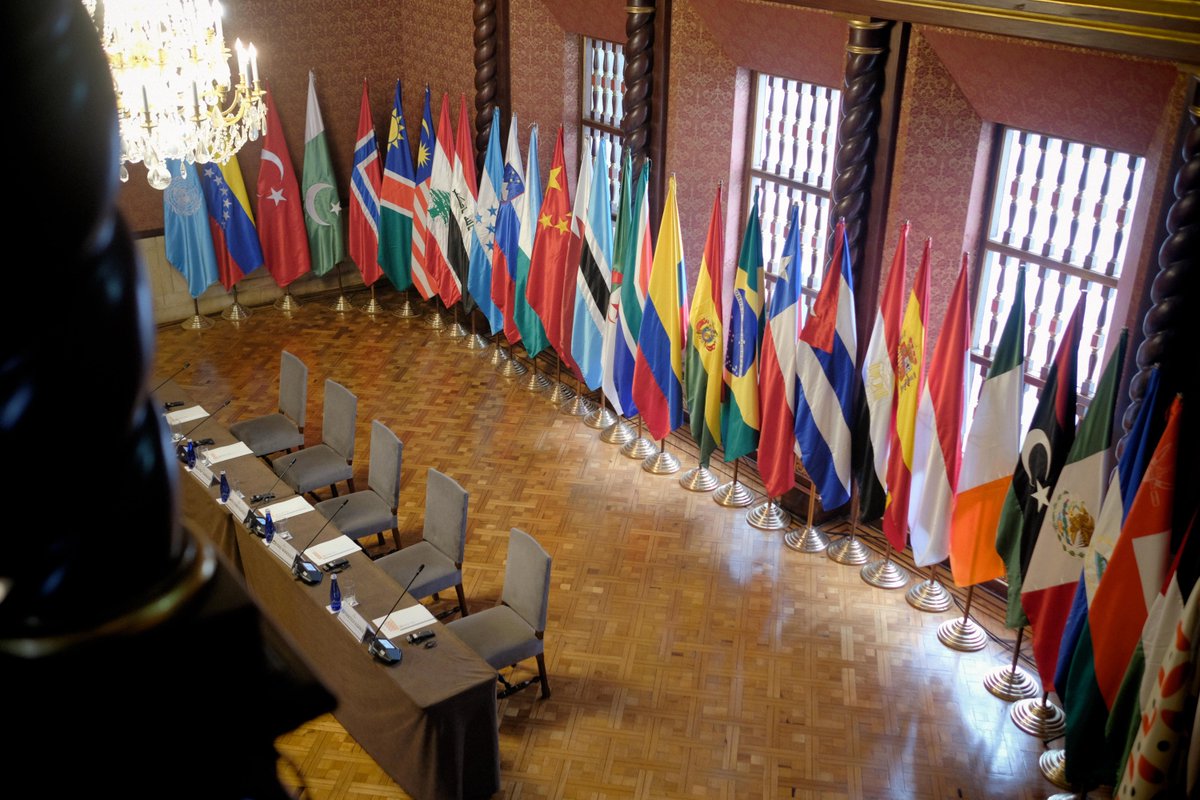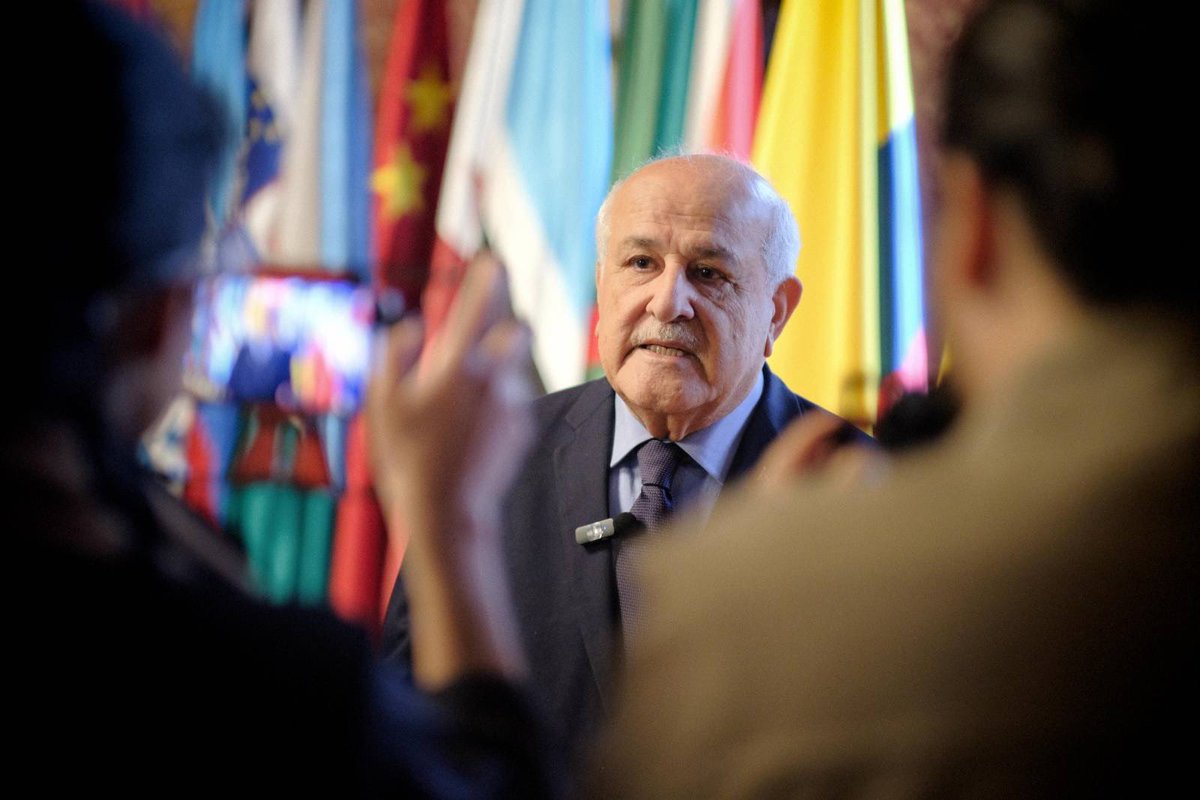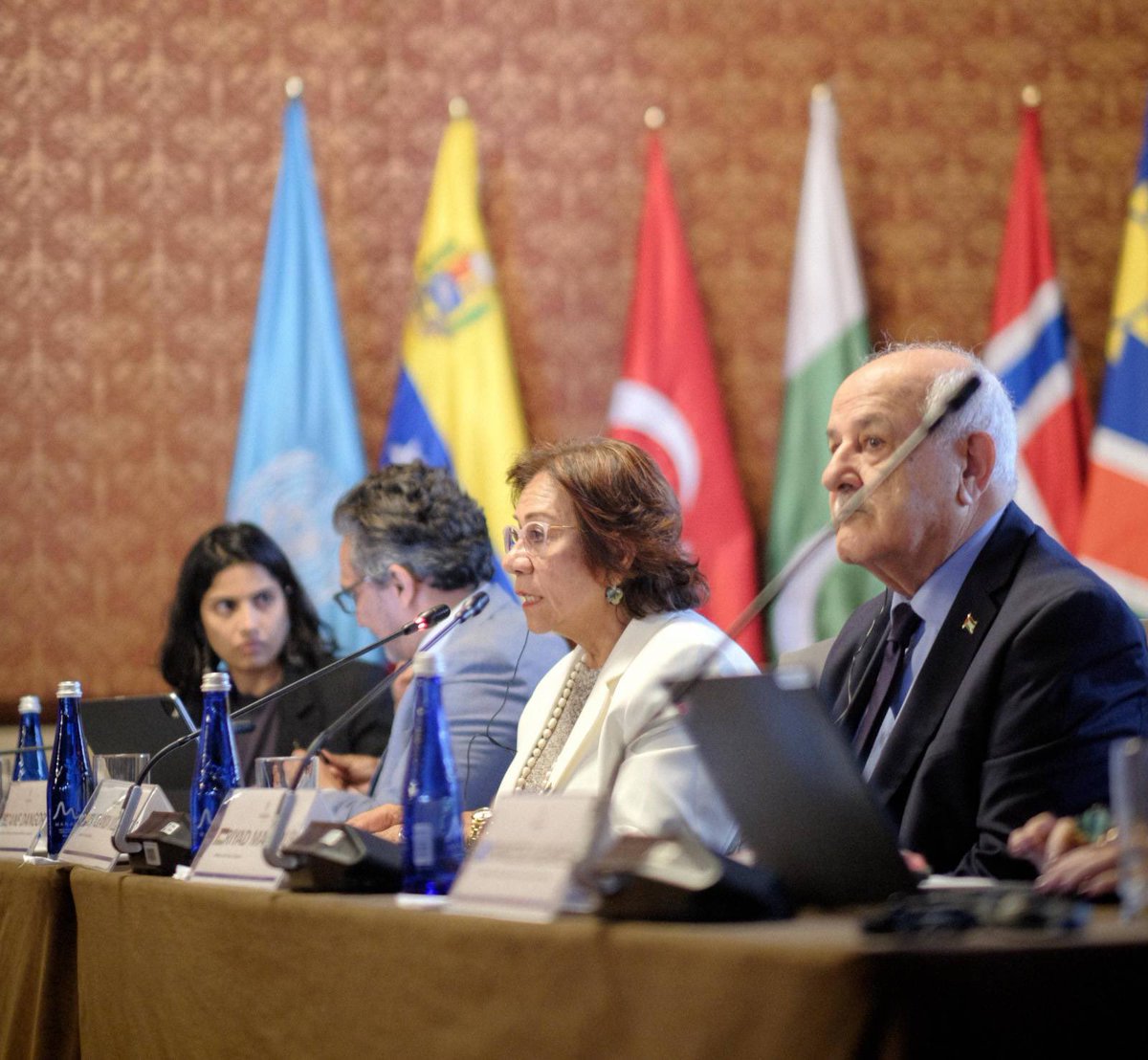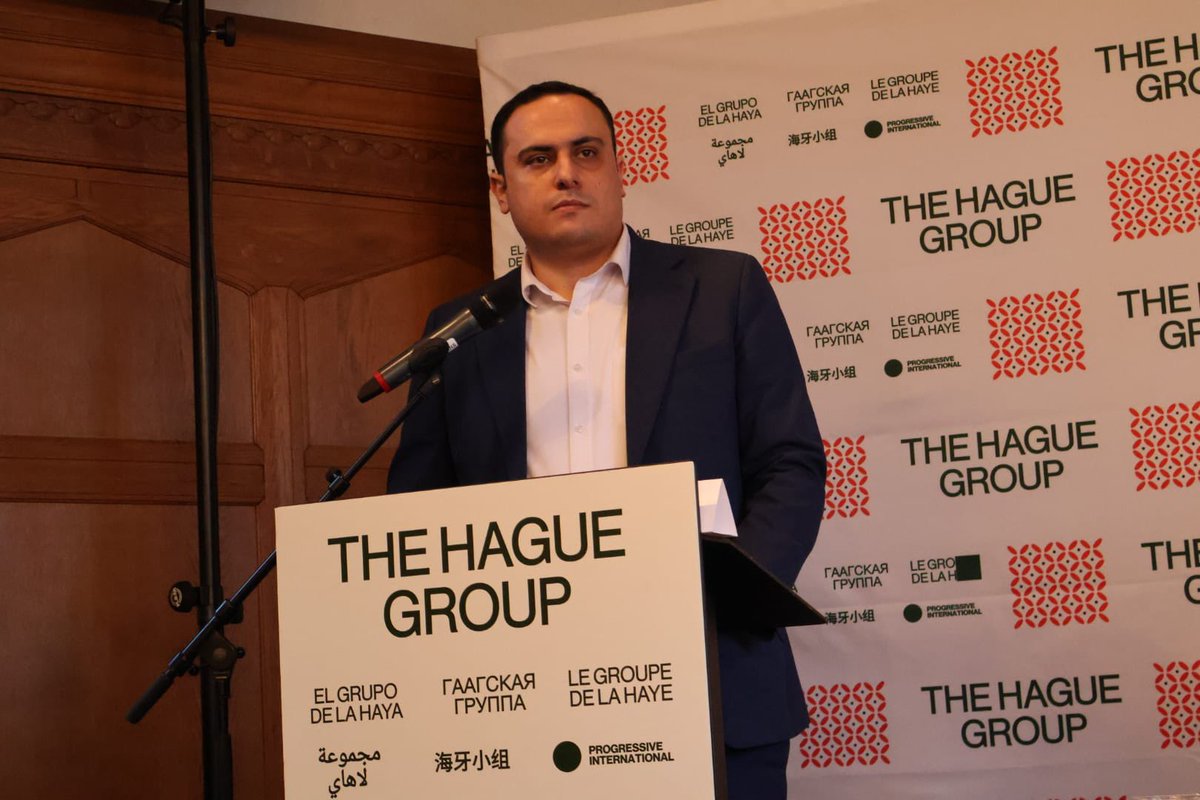Our first session — "What comes after capitalism?" — with @yanisvaroufakis, @ETemelkuran, @vijayprashad and @nickwestes, starts in 20 minutes.
Tune in here:
Our translations streams are linked in the thread below.
Tune in here:
Our translations streams are linked in the thread below.

French:
Spanish:
Portuguese (BR):
Here is the stream on Twitch: twitch.tv/progressiveint…
• • •
Missing some Tweet in this thread? You can try to
force a refresh

















